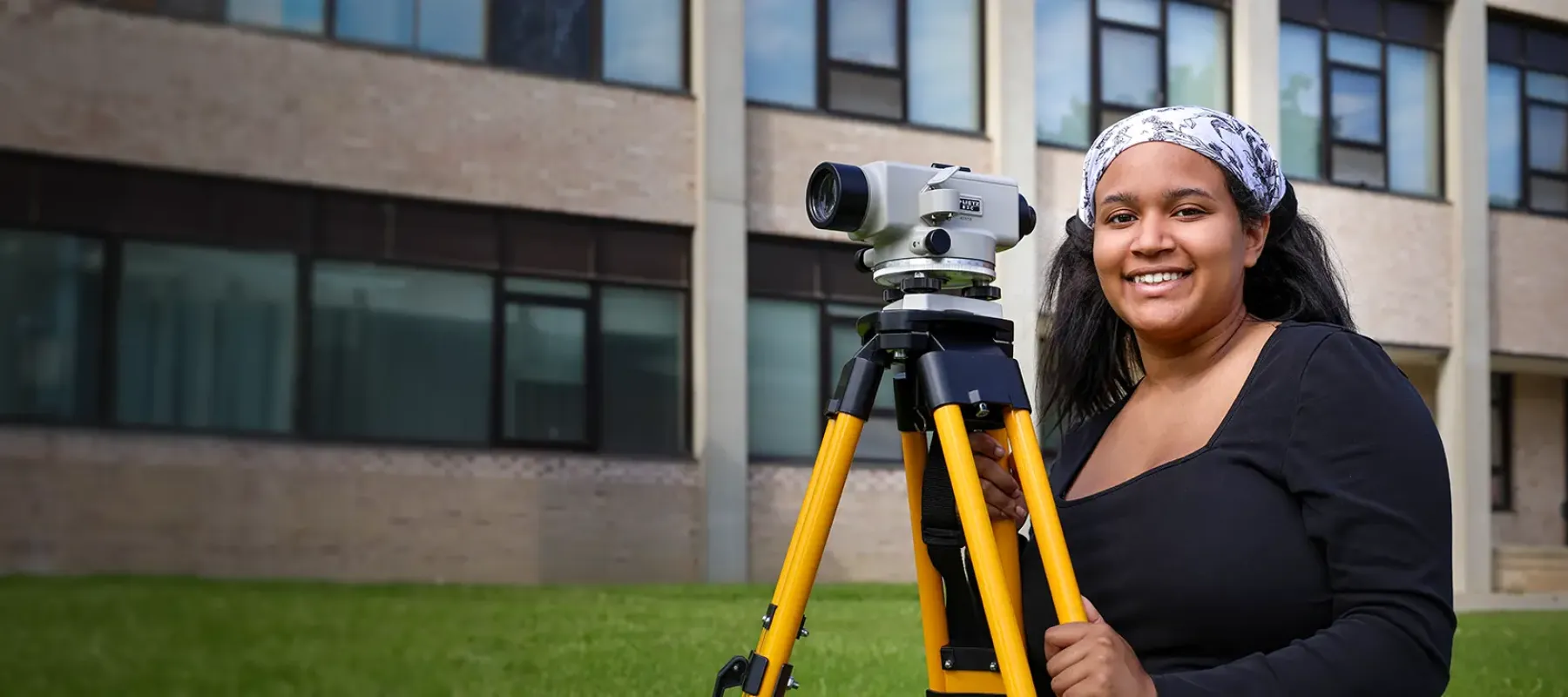Microcredentials

Microcredentials for Major Career Moves
Microcredentials are focused, flexible, and career-aligned to build in-demand skills. Enroll in credit microcredentials with tuition as low as $1,907, and non-credit at competitive rates and sometimes even free. You'll earn a digital badge to enhance your resume.
- Convenient - Learn new skills in weeks and months, not years.
- Stackable - Gain credits toward a full bachelor's degrees.
- Affordable - Only $295 per credit for NYS students, military, and veterans. Non-credit free and low cost.
- Portable - Earn a digital badge and/or SUNY academic credits.
Get Started Today!
MICROCREDENTIALS
NON-CREDIT MICROCREDENTIALS
Microcredential Payment Options
- Pay online with a debit or credit card.
- NYS Part-Time TAP for non-degree workforce credential programs.
If you have not attended college previously, or did attend but have NYS TAP eligibility remaining, you may qualify for Part-Time TAP if you meet the Income, Financial, Citizenship, and NYS Residency requirements.
If you meet the eligibility criteria, you can apply for Part-Time TAP by completing the Free Application for Federal Student Aid (FAFSA) and the NYS TAP application or NYS Dream Act application. A link to apply for TAP is available when you complete the FAFSA or can access the online TAP application directly.
Have questions about your eligibility? Reach out to the Student Records and Financial Services Office and let them know you are interested in Part-Time TAP for a non-degree workforce credential program. - Apply for a non-degree student loan.
Below are lenders that allow students to be non-matriculated and less than part-time. The links will take you to the appropriate landing page for the loan you are eligible to apply for.- College Ave - (844) 422-7502
- Sallie Mae Smart Option Loan for Career Training - (855) 756-5626
- Students must register for an account on the desired lender's website and complete an online application. Students can call the borrower customer service for the appropriate lender if they have questions during the application process (above).
- Employer Pay
Employers can pay with their corporate card at the time of registration or contact the Center for Extended Learning for more options.
Microcredential Faculty

Tony Aquilina
Assistant Professor 10 Months
Business
EJ Brown Hall
607-587-4372
Tony, a Certified Personal Trainer through ISSA, created Alfred State’s Certified Personal Training microcredential. With expertise from running his own fitness and nutrition business, he teaches both training science and the business of fitness. His background in sport management and higher education adds depth to his approach. “The ISSA has a goal of helping 100 million people reach their health and wellness goals by 2030, and that resonates with me.”

Adam Fitzpatrick
Instructor 10 Months
Building Trades
School of Applied Technology
607-587-3183
Adam Fitzpatrick, an Alfred State alumnus (’07, Construction Maintenance Electrical), is a Wellsville HEO instructor with 17 years of heavy equipment experience. Formerly with NYS DOT, he’s taught at Alfred State for 5 years. With expertise in equipment operation, bridge construction, and highway maintenance, Adam works to give students the most real-world experience possible in the HEO field.

Caryl Koch
Assistant Professor 10 Months
Automotive Trades
School of Applied Technology
607-587-3117
Caryl is a Freshman Motorsports teacher at Alfred State College. Caryl started welding tube chassis for SAE Baja vehicles while getting his mechanical engineering degree. Since then, he has continued welding and fabricating custom parts throughout his career in motorsports. Caryl says, "It took me a long time to teach myself how to weld. There was a lot of trial, error, and many welds. It is nice to be able to teach students how to weld in a few short days, instead taking weeks to learn on their own. It is a lot easier with someone over your shoulder helping you through."

Erin Vitale
Professor
Civil Engineering Technology
Engineering Technology Bldg.
607-587-4612
Erin is a construction professional with experience as a project engineer, scheduling engineer, and estimator. She brings real-world insight to her on-campus and online classes as one of Alfred State’s industry experts. Erin says the best part of her job is the students: “I like getting to know them and it makes me super happy when they get jobs they’re excited about. If I can have any impact on them, and maybe they’re more successful because of something they learned in one of my classes, I’m happy about that.”

Mark Whitman
Associate Professor 10 Months
Social and Behavioral Sciences
Hunter Student Development Center
607-587-4167
Dr. Mark Whitman was introduced to Futures Research at the FBI National Academy and later as a police chief. Since then, he has studied extensive research on the subject. His career as both Police Chief and professor reflects his passion for connecting complex analytics with real people’s lives.
For More Information
Please email the Center for Extended Learning or call 607‑587‑4015.









